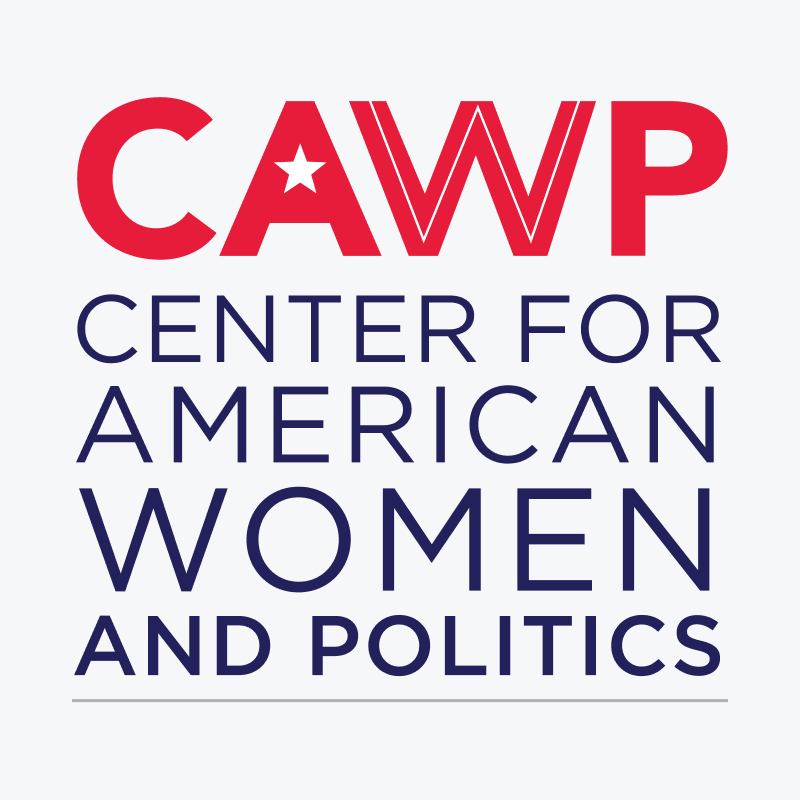We Have a Sisterhood Problem
From March to December 2018, the Barbara Lee Family Foundation (BLFF) and the Center for American Women and Politics (CAWP) partnered to offer Gender Watch 2018, which tracked, analyzed, and illuminated gender dynamics in the 2018 midterm elections. With the help of expert scholars and practitioners, Gender Watch 2018 furthered public understanding of how gender influences candidate strategy, voter engagement and expectations, media coverage, and electoral outcomes in campaigns. The blog below was written for Gender Watch 2018, as part of our collective effort to raise questions, suggest answers, and complicate popular discussions about gender’s role U.S. elections.
I have five sisters. We range in age, have varied personalities, some are mothers and grandmothers, have chosen very different occupations and even have different mothers. The thing we are absolutely clear about, however, is that we are sisters and that has real, practical, and demonstrable meaning. We love each other, support each other and show up for each other. My relationship with my sisters is how I learned that to be in solidarity with women is not a philosophical position but a physical exercise. Your deeds tell your tale. This lesson has extended to my homegirls, professional colleagues, fellow congregants and it is clear in my politics. Sisterhood is not just political, it is public.
Here’s what I know for sure. Black women are engaged in sisterhood politics. They are putting their voices, their political futures, their time, their bodies and their votes on the line to ensure that this country does not continue its slide into the political and moral abyss. In 2016, Hillary Clinton came close to a 100% endorsement by black women. The vast majority of black women voted for Stacey Abrams, Andrew Gillum and Beto O’Rourke. In the last two years, progressive white women’s sense of urgency has increased but in many parts of this country they have not been able to convince their sisters.
We have a sisterhood problem that immediately harkens back to the exhausting divisions of so many previous eras—illuminated in segregated suffragist marches and the backtracking on support for presidential candidate Shirley Chisholm. It’s revealed in more minor instances, such as celebrity allies’ continuous invocation of that deplorable John Lennon and Yoko Ono quote. America’s white privilege is showing and that includes white women. Having to continually remind white women that fighting their own racial bigotry is as important as fucking the patriarchy is tiresome. It is also boring. It calcifies divisions and renders them irreparable.
In the aftermath of this election, I am not asking what Stacey or Beto or Andrew could have done differently. Though Stacey Abrams still has a small window to victory, there are easy answers to the positions in which these candidates find themselves. They were competent, authentic, and progressive but those qualities were outpaced by racial dog whistles, voter suppression, and capricious obstacles to casting a simple ballot. Not charging the batteries for a voting machine before election day. Seriously? I am asking what it will take for white women to join us – not just in voting for other white women, though even that would be a start in some cases. I am wondering what it would actually take for white women to follow the lead of black women voters and start to vote for candidates who are not complicit in their own gendered oppression and are not complicit in your sisters’ racial oppression.
I am having a difficult time these days sitting in rooms with white women talking about progressive politics and #MeToo and the horrors of Trump. I am questioning my presence in these spaces and wondering whether seeing my black face, my walking and talking diversity, is serving as a salve to them for the difficult times we are living through. I know that I do not want to be that for them. I am not the living, breathing, walking and talking political equivalent of The Help. Instead, I think white women should be in rooms with each other having real talk about what sisterhood politics mean for them. I had a long talk with one of my sisters on the morning after this year’s election about the heartbreak the election results. Before the day was over, I had talked to several more. All I ask is that white women who consider themselves in the same fight as me talk to some of your sisters too.






